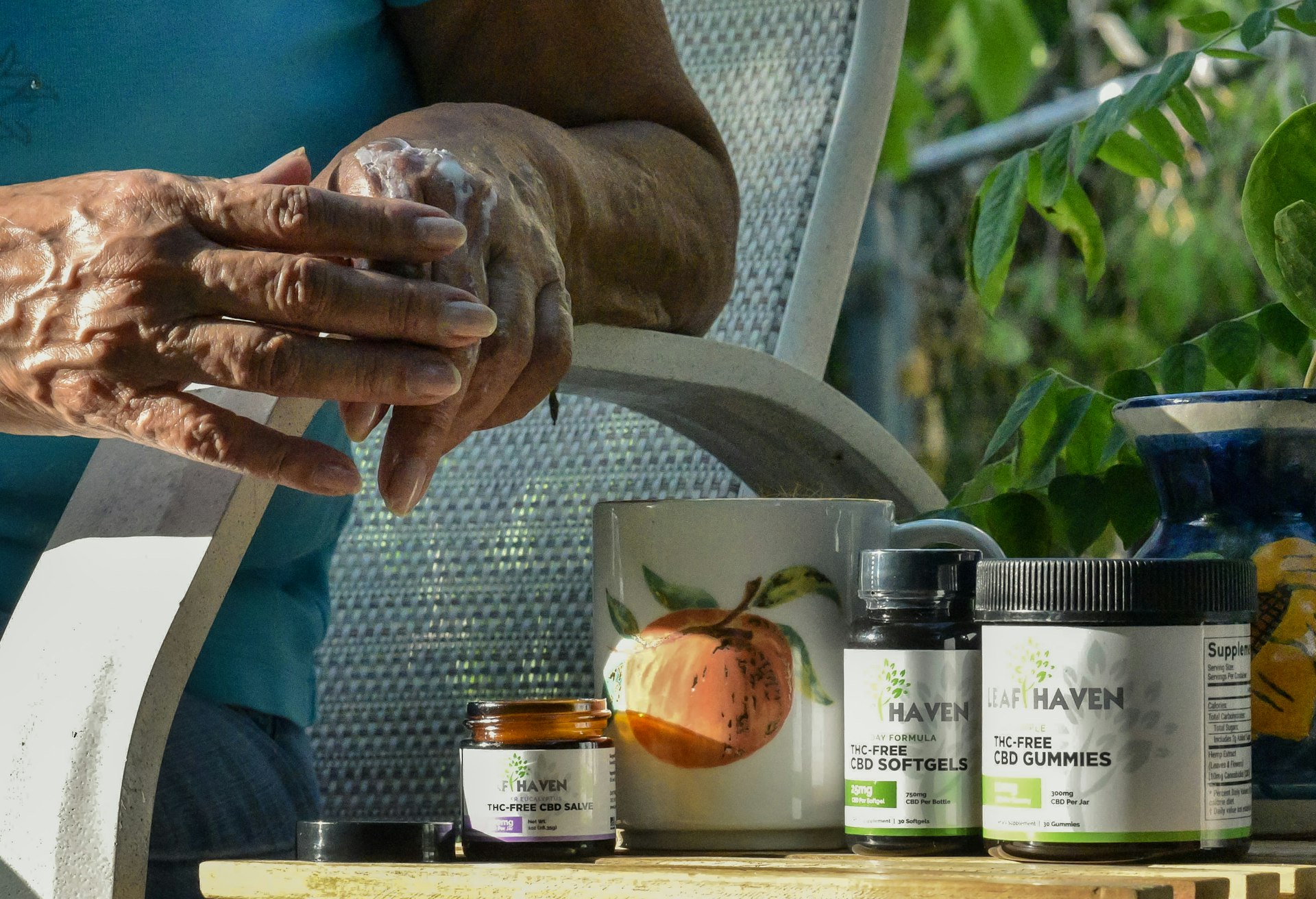How Strong Relationships Enhance Your Well-Being Lifestyle

Photo by Chermiti Mohamed on Unsplash
Introduction: The Foundation of Well-Being
Health and happiness are not built in isolation. A growing body of research confirms that meaningful relationships are essential to a thriving lifestyle. Whether with family, friends, romantic partners, or colleagues, the quality and depth of our connections profoundly influence mental, emotional, and even physical well-being. This article explores the vital role relationships play in sustaining a well-being lifestyle, offers actionable steps to improve your social bonds, and provides guidance on accessing additional support and resources.
Why Relationships Matter for Well-Being
Humans are inherently social beings. Our need for connection isn’t just emotional-it’s biological. Studies show that high-quality relationships serve as protective factors for mental health , acting as buffers against stress, anxiety, and depression [1] . These connections offer:
- Social support during challenging times
- Emotional encouragement and validation
- A sense of belonging and inclusion
- Enhanced resilience in the face of adversity
According to research, a strong network of meaningful relationships is linked to greater happiness, improved physical health, and even increased longevity [4] .
The Mental Health Benefits of Healthy Relationships
Positive relationships are associated with numerous mental health benefits. Supportive relationships can mitigate the effects of stress and help prevent the onset or worsening of mental health concerns. For example, family bonds and close friendships have been shown to stabilize mood and fulfill psychological needs [1] . Conversely, strained or toxic relationships can contribute to emotional distress, anxiety, and feelings of isolation [2] .
Research highlights that it is not the number of relationships but their quality that matters most. Satisfying, supportive, and respectful connections foster a strong sense of self-worth and security, which are crucial for lasting mental well-being [5] .
Types of Relationships That Foster Well-Being
Relationships come in many forms, each contributing uniquely to well-being:
- Family: Provides unconditional support, nurtures growth, and offers a foundation of stability.
- Friendships: Deliver companionship, shared joy, and a safe space for emotional expression.
- Romantic Partnerships: Satisfy deep emotional needs, promote intimacy, and serve as mood stabilizers.
- Professional and Community Connections: Offer opportunities for collaboration, mentorship, and a sense of purpose [1] .
It is important to diversify your connections. Relying solely on one relationship for all social and emotional needs can create strain and unrealistic expectations. Instead, cultivating a broad social support network is key [4] .
Practical Steps to Build and Strengthen Relationships
Developing healthy, lasting relationships requires effort, intention, and skill. Consider the following strategies to nurture your connections:
1. Prioritize Communication
Open, honest, and respectful communication is the cornerstone of any healthy relationship. Practice active listening, express your needs clearly, and be willing to compromise. Recognize that disagreements are natural and can lead to growth if handled constructively [2] .
2. Show Appreciation and Gratitude
Regularly acknowledge the positive aspects of your relationships. Express appreciation for the support and care you receive. Even small gestures of gratitude can strengthen bonds and create a positive feedback loop.
3. Invest Time and Energy
Strong relationships do not happen by accident. Schedule regular quality time, whether through shared activities, conversations, or simply being present. Consistency builds trust and deepens connection.
4. Establish Healthy Boundaries
Boundaries protect your well-being and promote respect. Be clear about your limits and respect those of others. Healthy boundaries prevent resentment and foster mutual trust.
5. Seek Support When Needed
If you encounter persistent conflict or emotional distress in a relationship, consider reaching out for support. This may involve speaking with a mental health professional, joining a support group, or seeking advice from trusted mentors. Many organizations and healthcare providers offer resources for relationship counseling and mental health support. For example, you can consult your local community mental health center or search for “relationship counseling services” through reputable health systems.
Overcoming Common Challenges
No relationship is without its hurdles. Common challenges include miscommunication, differing expectations, external stressors, and unresolved conflict. To address these issues:
- Practice patience and empathy when misunderstandings arise.
- Engage in problem-solving together, not against each other.
- Consider professional mediation or therapy for ongoing issues.
If you are unsure how to access professional help, you can contact your primary care provider for referrals, or use search terms such as “licensed relationship therapist near me” or “mental health counseling services” for your region.
Alternative Approaches for Building Connections
For those who may feel isolated or disconnected, there are several pathways to foster new relationships:
- Participate in community events or volunteer organizations to meet like-minded individuals.
- Join hobby groups, clubs, or classes aligned with your interests.
- Engage in online communities or forums that support positive interaction and shared goals.
If mobility or time are challenges, consider virtual support groups or online counseling options through established, reputable platforms.
Accessing Support and Resources
If you need immediate support or wish to deepen your understanding of healthy relationships, there are many ways to get started:
- Contact your primary care provider and inquire about mental health or counseling services.
- Search for local community mental health centers using terms like “community counseling services [your city].”
- Explore educational resources from well-regarded health organizations such as the National Institute of Mental Health (NIMH) and the Centers for Disease Control and Prevention (CDC) by visiting their official websites and searching “healthy relationships.”
- Ask your employer if your workplace offers Employee Assistance Programs (EAPs) for relationship counseling or support.
For youth and families, many schools and local non-profits offer social skills workshops and peer support groups. To find these, search for “youth support groups [your location]” or contact your school counselor.
Key Takeaways and Next Steps
Strong, healthy relationships are a cornerstone of a well-being lifestyle. They offer emotional support, help buffer life’s stresses, and contribute to overall happiness and resilience. Building and maintaining these relationships requires effort, but the rewards are profound and far-reaching. If you are seeking to strengthen your own social network, start by reaching out, communicating openly, and seeking guidance when needed. Remember, there are always pathways to connect, heal, and thrive.

Photo by Gabriel Tovar on Unsplash
References
- [1] Block, V.J. et al. (2022). Meaningful Relationships in Community and Clinical Settings. PMC.
- [2] Change Mental Health. (2023). Relationships and Mental Health.
- [3] McLean Hospital. (2025). Love, Stress, and Support: Mental Health and Relationships.
- [4] Northwestern Medicine. (2021). 5 Benefits of Healthy Relationships.
- [5] Child Focus. (2022). The Impact of Positive Relationships on Mental Health and Well-being.
MORE FROM weirdsearch.com













